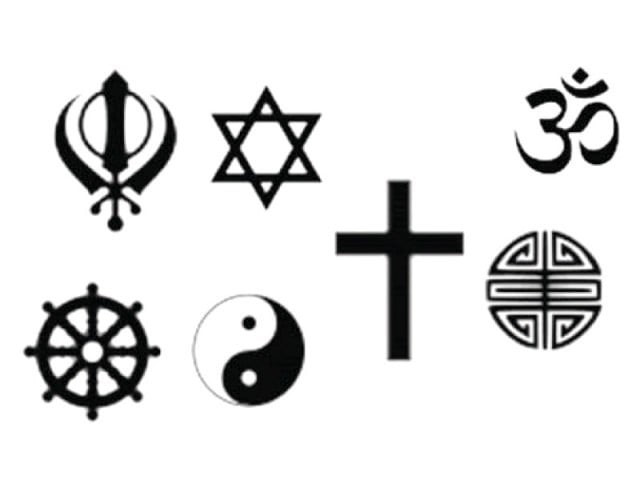‘Minorities suffering despite landmark SC verdict’
Panellists at seminar believe lack of implementation leaves minorities vulnerable

Panellists at seminar believe lack of implementation leaves minorities vulnerable. STOCK IMAGE
According to the speakers at a seminar on religious freedom in the country, however, non-implementation of the SC's ruling means that the minorities are still suffering. The event, organised by the Pakistan Institute of Labour Education and Research, was held on Thursday at Regent Plaza.
"The word 'minority' itself is discriminatory," said Chela Ram Kelwani, the president of the Pakistan Hindu Council. "We are Pakistani and we want the same rights as everyone else, but we are the most vulnerable part of society here."
He said that young girls belonging to minorities were being abducted and raped by influential landlords who later claimed that the girls had converted to Islam. "When an underage girl cannot be married, according to the law, then how can these girls be forced into marriage?" he asked, adding that the boys from minority communities were not converting to Islam.
Kelwani claimed that at least one Hindu temple was attacked in the country every month. He further said that the 'misuse' of the blasphemy laws had created insecurity among the people. "Even on the basis of false allegations, our people are lynched, our women disgraced and our scriptures desecrated in front of our eyes, but we are helpless," he said.
According to Dr Sono Khangharani, another panellist, 15 per cent of Pakistan's population consisted of non-Muslims after the partition, but their ratio declined in later censuses and now stood at five per cent.
"I can confidently say that these statistics are incorrect, perhaps deliberately made so," he alleged. He explained that the five per cent quota had been allocated to the scheduled castes only in 1953, but was later made to encompass the rest of the minorities as well. "After 1973, Ahmadis too were made part of the minorities, but no significant measures have been taken to expand the quota."
After a presentation about the United Nations declaration on the rights of minorities, Prof Dr Jaffar Ahmed discussed the SC judgment. He contended that although Article 20, pertaining to religious freedom, was already present, the SC had 'remarkably' elaborated upon it.
The apex court stated that religious freedom was not confined to the individual, he explained. "Non-Muslims, like their Muslim compatriots, can hold congregations, build their buildings and profess their faith."
Prof Ahmed said that the ruling also quoted the speech delivered by Quaid-e-Azam Muhammad Ali Jinnah on August 11, 1947.
The court's verdict
The apex court on June 19, 2014, had ordered measures to counter animosity towards other religions and sects. These included the constitution of a special task force to deal with the matter of religious freedom, a national council to deal with minorities' rights and a special police force to guard religious buildings and protect minorities.
The SC said that school and college curricula should be designed to harmonise relations between communities, while the government should also tackle hate speech on social media.
The advocate-generals of all four provinces were further ordered to ensure that minorities received their allocated quotas in all public employment.
Published in The Express Tribune, January 17th, 2015.



















COMMENTS
Comments are moderated and generally will be posted if they are on-topic and not abusive.
For more information, please see our Comments FAQ